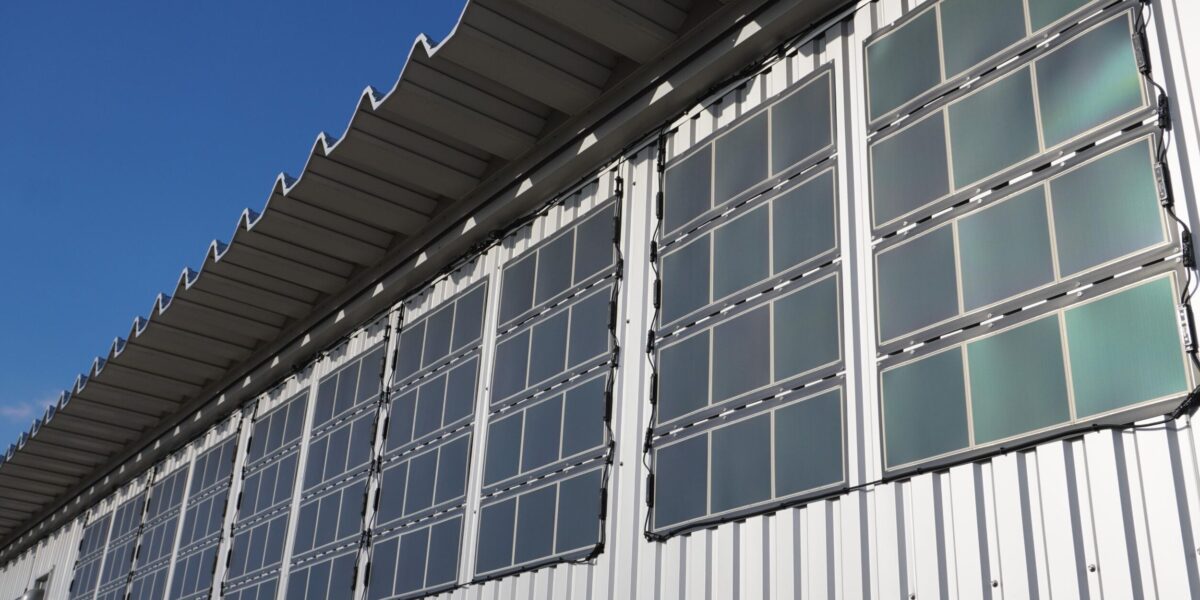Japan’s Aisin Corporation, an automotive components and systems manufacturer, has begun testing its in-house developed perovskite solar modules. The outdoor tests will monitor power generation and performance within a PV system, ease of installation, and grid-connected operation.
“Aisin's perovskite solar cells feature high power generation efficiency, which is realized through more than 20 years of R&D on solar cells, and high durability, which is derived from a proprietary film structure using thin glass by leveraging the manufacturing capabilities cultivated in the manufacture of automotive components,” said the company in a statement.
The trial began in March 2025 at the company's plant in Anjo City in southern Aichi Prefecture, Japan. The test panels will be installed in stages on four walls and on roofs of facilities reaching a total of 30 kW by September 2025.
According to Aisin, this was the first grid-connected perovskite project in Japan.
The company said it plans to investigate the power generation yield, tracking direction and solar radiation intensity, as well as verify aspects of the project, such as the construction time, costs, and abnormality management to identify issues and solutions.
The Aisin Corporation's proprietary organic perovskite modules are based on thin lightweight glass yet have a flexible or bendable property.
The company aims to produce large-sized perovskite solar panels, targeting building integrated PV (BIPV) and mobility applications to extend the range of electric vehicles between charges, according to a research report published in early 2024.
The current field trial is a follow up to an earlier solar project that was supported by the New Energy and Industrial Technology Development Organization (NEDO).
For several years, Japan’s NEDO has been funding solar technology research, an initiative that it plans to continue in the coming years. Its latest open call for proposals was announced in January.
Under its solar technology development program, NEDO is seeking projects that advance solar cell performance, system installation, solar panel recycling, and long-term power stability. The initiative will run through fiscal 2029 in support of Japan’s 2050 carbon-neutrality target.
This content is protected by copyright and may not be reused. If you want to cooperate with us and would like to reuse some of our content, please contact: editors@pv-magazine.com.



By submitting this form you agree to pv magazine using your data for the purposes of publishing your comment.
Your personal data will only be disclosed or otherwise transmitted to third parties for the purposes of spam filtering or if this is necessary for technical maintenance of the website. Any other transfer to third parties will not take place unless this is justified on the basis of applicable data protection regulations or if pv magazine is legally obliged to do so.
You may revoke this consent at any time with effect for the future, in which case your personal data will be deleted immediately. Otherwise, your data will be deleted if pv magazine has processed your request or the purpose of data storage is fulfilled.
Further information on data privacy can be found in our Data Protection Policy.